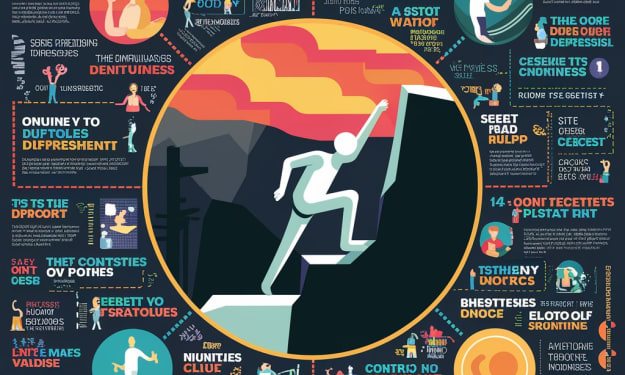The benefits of coping strategies in CBT for social anxiety disorder
The benefits of coping strategies in CBT for social anxiety disorder
Social anxiety disorder (SAD) is a common mental health condition that affects millions of people worldwide. It is characterized by an intense fear of being judged, criticized, or humiliated in social situations. Individuals with SAD often experience significant distress and impairment in their daily life, including difficulties with social relationships, work, and education. Fortunately, there are evidence-based treatments available, including social anxiety disorder cognitive behavioral therapy (CBT), which helps individuals with SAD to develop coping strategies and improve their quality of life.
What is Cognitive-Behavioral Therapy (CBT)?
Cognitive-behavioral therapy (CBT) is a type of psychotherapy that is used to treat a range of mental health conditions, including social anxiety disorder. CBT is based on the idea that negative thoughts and beliefs contribute to anxiety and other mental health problems. The therapy aims to change negative thoughts and behaviors, allowing individuals to develop more positive coping strategies and improve their mental health.
CBT for Social Anxiety Disorder
CBT is a highly effective treatment for social anxiety disorder. It involves a range of techniques, including exposure therapy, cognitive restructuring, and social skills training. These techniques help individuals to overcome their social anxiety and improve their quality of life.
Exposure therapy is a key component of CBT for social anxiety disorder. It involves gradually exposing individuals to feared social situations, allowing them to learn that their fears are unwarranted and that they can cope with the situation without experiencing significant distress. Exposure therapy can be delivered in various ways, including in vivo (real-life) exposure, imaginal exposure, and virtual reality exposure.
Cognitive restructuring is another important technique used in CBT for social anxiety disorder. It involves identifying and challenging negative thoughts and beliefs that contribute to anxiety. Individuals with social anxiety disorder often have negative thoughts about themselves and their abilities in social situations. Cognitive restructuring helps individuals to replace these negative thoughts with more positive and realistic thoughts, allowing them to feel more confident in social situations.
Social skills training is also used in CBT for social anxiety disorder. Individuals with social anxiety disorder often lack the social skills necessary to interact with others effectively. Social skills training involves teaching individuals the skills they need to interact with others successfully. This can include skills such as active listening, assertiveness, and conversation skills.
Benefits of Coping Strategies in CBT for Social Anxiety Disorder
Coping strategies are an essential part of CBT for social anxiety disorder. Coping strategies help individuals to manage their anxiety symptoms and improve their quality of life. Some of the benefits of coping strategies in CBT for social anxiety disorder include:
Reducing Anxiety Symptoms: Coping strategies can help individuals to manage their anxiety symptoms, reducing the frequency and intensity of their anxiety.
Improving Self-Esteem: Coping strategies can improve an individual's self-esteem and confidence, allowing them to feel more positive about themselves and their abilities.
Enhancing Social Skills: Coping strategies can help individuals to develop the social skills necessary to interact with others effectively, improving their social relationships and quality of life.
Improving Overall Quality of Life: Coping strategies can improve an individual's overall quality of life, allowing them to participate in social activities and pursue their goals without the fear and anxiety associated with social anxiety disorder.
How CBT Can Help with Coping Strategies for Social Anxiety Disorder
CBT is an effective treatment for social anxiety disorder because it helps individuals to develop coping strategies and improve their quality of life. CBT can be delivered in various ways, including individual therapy, group therapy, and online therapy. Individual therapy involves one-on-one sessions with a therapist, allowing individuals to receive personalized treatment that is tailored to their specific needs.
About the Creator
Enjoyed the story? Support the Creator.
Subscribe for free to receive all their stories in your feed. You could also pledge your support or give them a one-off tip, letting them know you appreciate their work.






Comments
There are no comments for this story
Be the first to respond and start the conversation.